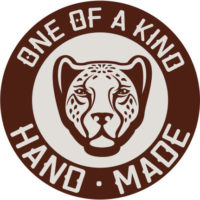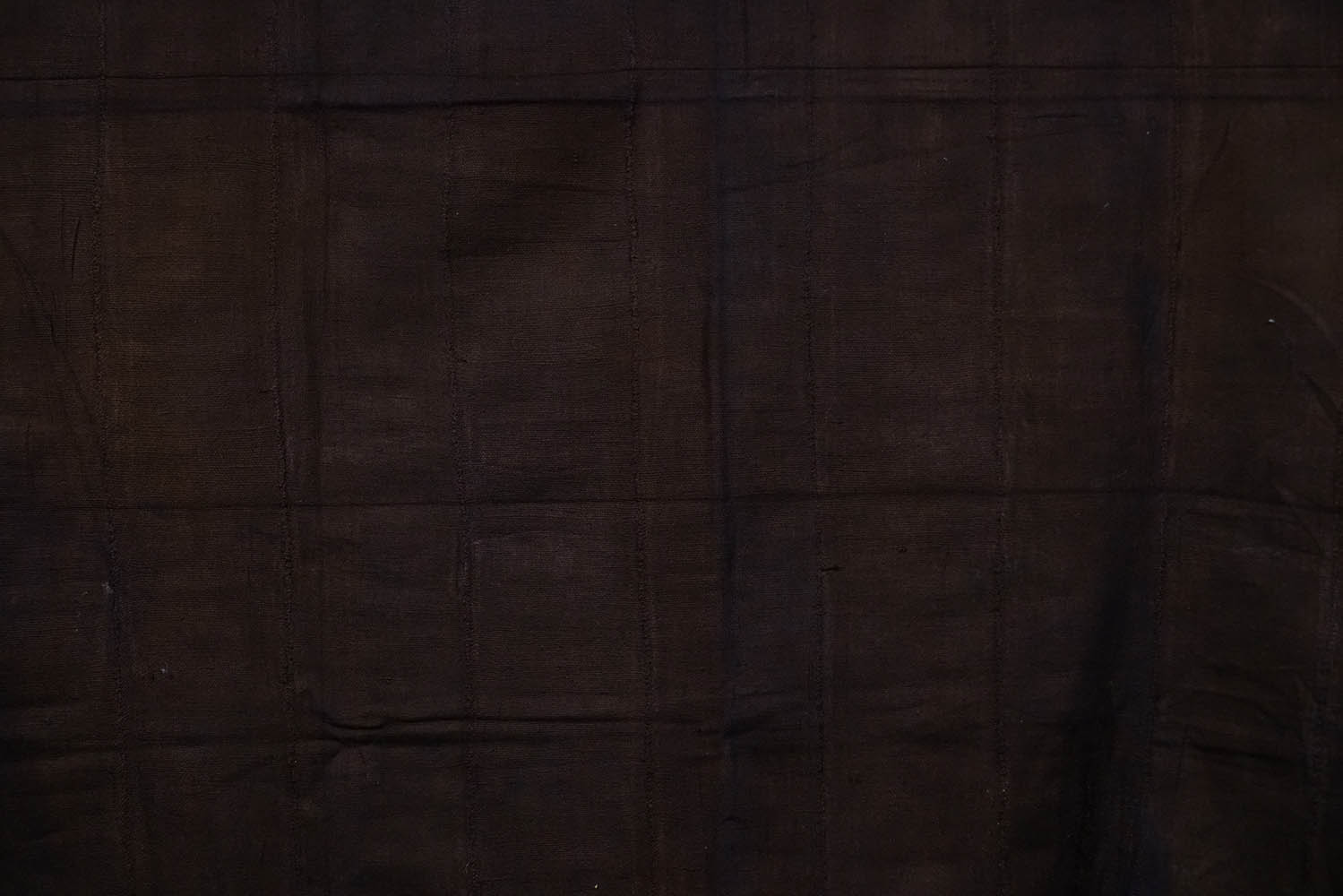This Soninke Textile is a one-of-a-kind, hand-crafted African textile from Mali. It is 62″ long and woven from 100% pure cotton. It is hand-dyed with natural indigo, which appears almost black in hue. The textile is in used condition and may have some tearing and imperfections. Please inspect photos.
Soninke African Textile 62″ x 40″ – Mali
Original price was: $65.00.$32.50Current price is: $32.50.
This Soninke Textile is a one-of-a-kind, hand-crafted African textile from Mali. It is 58″ long and woven from 100% pure cotton. It is hand-dyed from botanical species and hand-woven in a stripe pattern, featuring a brilliant orange and indigo colorway.
African textiles are the perfect addition to any home décor style. Whether they are used as a throw, chair accent, pillow fabric or even curtains, there are endless creative ways to add intrigue to your home using textiles
Sold

| Type of Object | Textile |
|---|---|
| Country of Origin | Mali |
| Ethnicity | Soninke |
| Material | 100% Cotton Dyed Thread |
| Approximate Age | Unknown |
| Height (Inches) | 62” |
| Width (Inches) | 40” |
| Weight (Pounds) | 1lb |
| Overall Condition | Minor imperfections. See photos. |
Tribe Information
About the Soninke People
“The Soninke, also called Sarakole, Seraculeh, or Serahuli, are a West African ethnic group found in eastern Senegal and its capital Dakar, northwestern Mali and Foute Djalon in Guinea, and southern Mauritania. They speak the Soninke language, also called Maraka language, which is one of the Mande languages.
Predominantly Muslims, the Soninke were one of the early ethnic groups from Sub-Saharan West Africa to convert to Islam in about the 10th century. The contemporary population of Soninke people is estimated to be over 2 million.
Soninke people were the founders of the ancient empire of Ghana c. 750-1240 CE. Subgroups of Soninke include the Maraka and Wangara. When the Ghana empire dispersed, the resulting diaspora brought Soninkes to Mali, Senegal, Mauritania, Gambia, Burkina Faso, and Guinea-Bissau where some of this trading diaspora was called Wangara. The cultural practices of Soninke people are similar to the Mande peoples, and those of the Imraguen of Mauritania. It includes traditional Islamic rites of marriages, circumcision and social stratification.”
Additional Information
About African textiles
Originally used as a form of currency, woven African textiles have been very important throughout many African cultures. African textiles are often used to memorialize individuals and they often play a special role in traditional celebrations and ceremonies.
The weaving and dyeing of cotton and wool is inherently linked to history, tradition, social structure, and ecology in Mali. Woven cotton has been found in caves dating back to the 16th century, but historians do not know whether they were imported or produced locally. In modern Mali, there are numerous societies whose weaving and dyeing traditions contribute to the livelihood and social continuity of their tribe.
Typically, men will weave the fabric and create the dye colors, while women will spin the cotton or wool and dye the cloth. Soninke women sometimes use the resist technique, where they coat the cloth in a paste created to resist the dye, then run a comb through it to create a wavelike design after dyeing.
Many botanical species are capable of producing the familiar indigo blue, whereas only certain plants are capable of fabricating other colors like red or yellow. These plants are fermented with an acid such as animal urine or ammonia. Once formed into a paste, the desired color is dipped and beaten into the fabric, then dried and woven into chosen patterns.
Source:
Wikipedia contributors. “Soninke people.” Wikipedia, The Free Encyclopedia. Wikipedia, The Free Encyclopedia, 16 Apr. 2017. Web. 19 Apr. 2017
You must be logged in to post a review.




Reviews
There are no reviews yet.